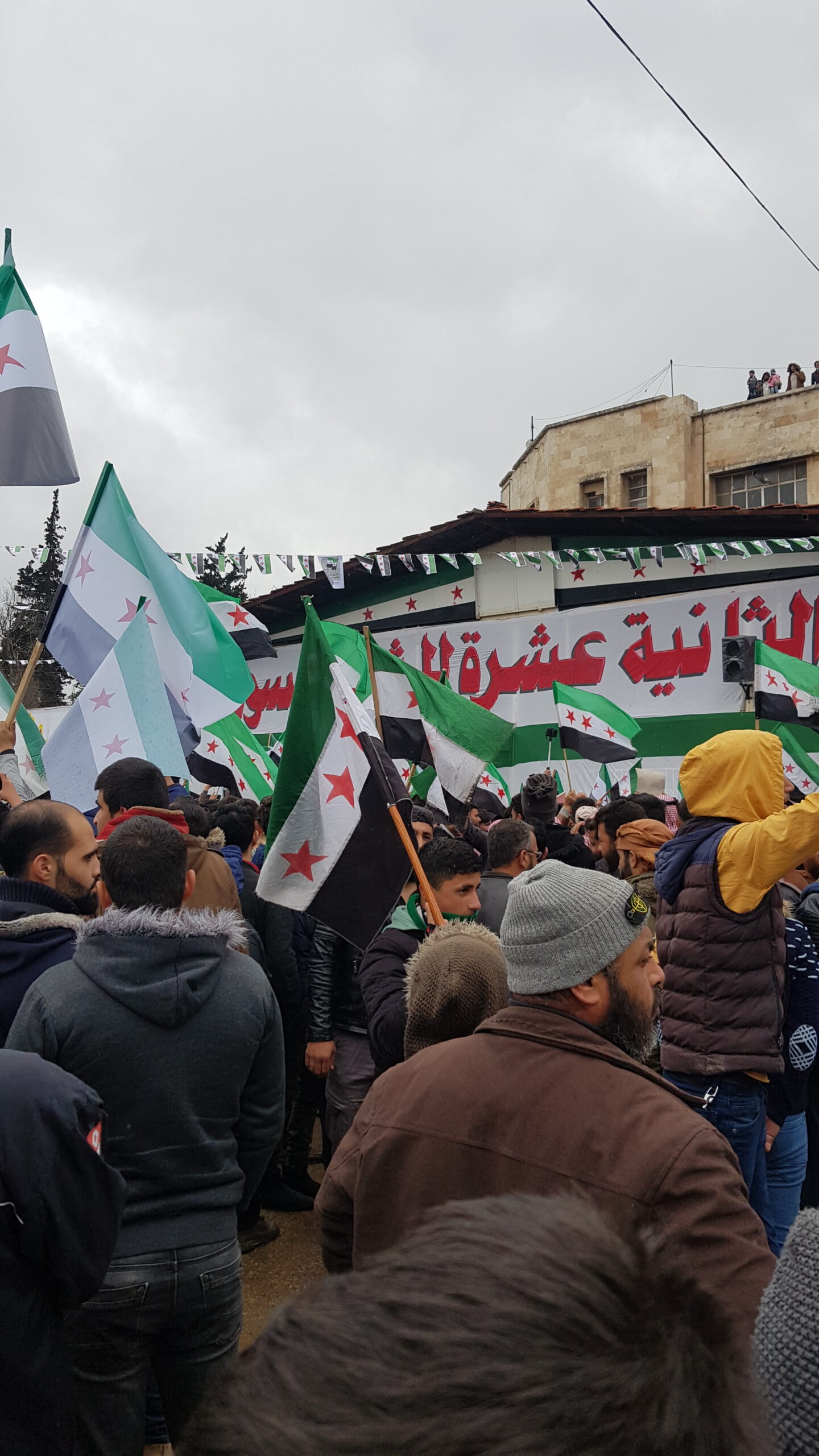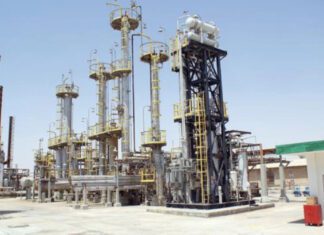
The revolution on its twelfth anniversary refers to its current reality, as well as to the social, humanitarian, and living conditions of the Syrians. What did the Assad regime’s war leave on Syrians everywhere? Human rights activist Rose al-Numeiri, mentioned some of the social changes that took place in the Syrian society.
She said: “With regards to family cohesion, there has been a disintegration of the families, as their members have been spread out across several locations of refuge or displacement, and this has led to the downfall and weakness of the families.”
However, al-Numeiri believes: “The war against the Syrian people has created animosity within each one of us. These changes in our psychological structure have referred us all to the need for psychological recovery for the children, women, the elderly, men and youth.”
The activist admits that she underwent psychiatric treatment to get rid of the trauma she was suffering from. “It is a psychological pain caused by the intense fear of what the Assad regime is doing to people,” she added.
Al-Numeiri, who has gone through all this oppression, rejects the claim of some people saying that “the revolution has ended”.
She stressed: “Although we suffer from the difficulties of life, we are sure that these tough conditions will not lead us to despair, as we believe in the victory of our revolution, despite its delay.”
Jihan al-Khalaf, a Syrian journalist, mentioned: “Twelve years ago, Syrian society was restricted by customs and traditions, as well as by-laws that prevented it from exercising its political, economic and social freedom.”
Al-Khalaf believes that the Syrian family went through the throes of change because of the revolution.
In her opinion, the Syrian revolution allowed everyone freedom of expression and opinion through media and cultural platforms.
Sulaiman Sebai, an activist, wrote in an article for the Neda Post news agency: “For me, there is no difference between Homs and Daraa, between Aleppo and Baniyas, between the millions in Hama and the sit-in in Deir ez-Zor. I do not care about March 15 or March 18. What is important to me is that the call was made and the dawn of freedom began.”
He added: “A journey that began with a peaceful movement, with the voices of demonstrators calling for change, demanding an end to the tyrannical regime to reach a country ruled by justice and equality among all segments of Syrian society.”





